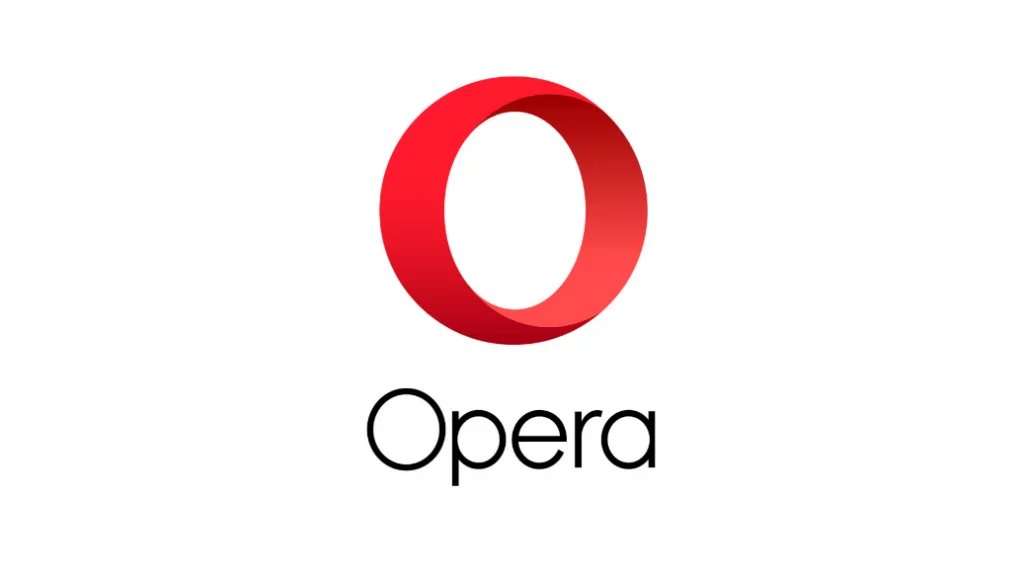Opera has launched a new in-browser, non-custodial stablecoin wallet that runs on the Celo blockchain and will be available to its African user base for P2P stablecoin transactions.

The web platform Opera revealed its intention to integrate a wallet for non-custodial stablecoins into its mobile web browser, which will be available to its African user base.
The web services provider launched the MiniPay wallet integration on the Celo blockchain on September 13, enabling African users to transmit or receive stablecoins using their existing mobile phone numbers.
Opera’s operations in Africa began 17 years ago, and it now has more than 100 million users on the continent. The launch of MiniPay will commence in Nigeria in the upcoming months.
The executive vice president for mobile at Opera, Jrgen Arnesen, stated:
“Users in Nigeria, Kenya, Ghana, and South Africa have indicated lingering concerns about high fees, unreliable service uptimes, a lack of transparency around transaction progress and a lack of access to mobile data.”
The new MiniPay wallet will operate with sub-cent fees, and users’ Google credentials will be used to enroll and back up wallets.
It also has integrated with local payment methods, including Airtime and MPesa, and traditional bank transfers, allowing users to add and withdraw stablecoins from the wallet into the local currency.
The integration, according to Celo, “opens the door” for the development of additional Ethereum-compatible dApps for MiniPay.
In April this year, Opera announced that its most recent browser update would incorporate generative artificial intelligence (AI). AI Prompt is a browser feature that provides “contextual prompts” for web pages or highlighted text.
It released a suite of security tools in December 2014 to protect users from “malicious Web3 actors.”
